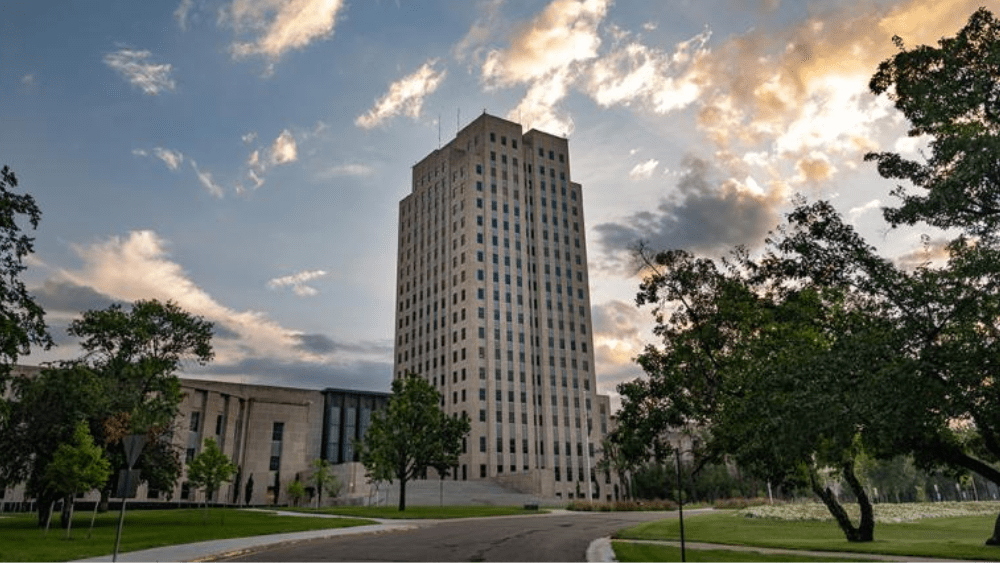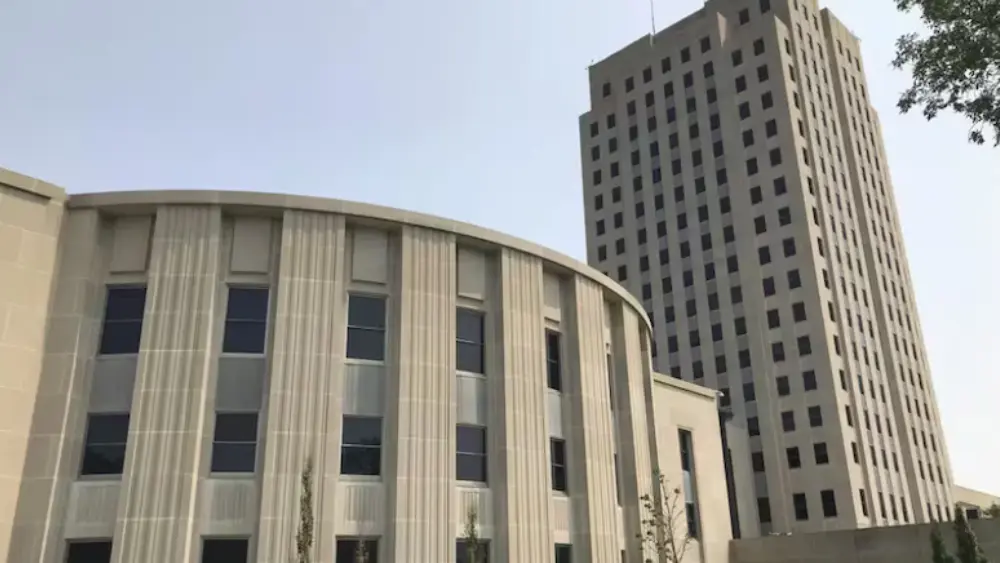FARGO, N.D. – Senator Kevin Cramer is positioning North Dakota as a central player in what he calls the “fourth industrial revolution” , driven by the rapid, demanding expansion of Artificial Intelligence (AI) technology. The Republican Senator emphasized that the state’s defense assets and energy resources make it uniquely suited to become an economic powerhouse through “data farming.”
In a recent conversation, Cramer underscored the critical need for speed, particularly in competition with China, stating, “This is a race right now, it is the fourth industrial revolution.”
The Defense-Data Connection
Senator Cramer pointed to the extensive data generated by North Dakota’s military installations as a core asset. The RQ-4 Global Hawks in Grand Forks and MQ-9 Predators in Fargo are remotely piloted aircraft that send “data real time, all the time moving.”
This massive data flow, coupled with the state’s existing fiber-optic network and the Space Development Agency’s ground station at Grand Forks Air Force Base, positions North Dakota to be a critical link in the national defense data chain.
Cramer also highlighted the development of the Collaborative Combat Aircraft (CCA) program, where a single pilot can control up to eight smaller, semi-autonomous aircraft. He noted that companies involved in the CCA race, including General Atomics and a multi-billion-dollar startup co-founded by Palmer Lucky, are already familiar with and have made investments in the Grand Forks area.
The Energy and Urgency Challenge
The Senator identified reliable, fast-to-deploy power as the single biggest challenge for AI development. He noted that the demand for computing power is “very fast… it doubles and doubles”. This pace, he argued, is mismatched with the slow planning of “legacy utilities” that operate under a “highly regulated model.”
Cramer’s advice to interested AI companies is to pursue localized, redundant power generation.
“Go find a power source… put your power on the spot,” he advised, recommending that companies put themselves “behind the meter”—meaning they should not hook up to the utility to ensure they never go down.
He used the sudden acceleration of the Small Modular Reactor (SMR) timeline—from a seven-year development window to one year after a large Army order—as an example of the urgency required, stating, “that’s why you, you need, you, we all have to change our vision of, of urgency.”
The Senator also highlighted North Dakota’s connection to the field through Greg Brockman, one of the co-founders of OpenAI, who is from Thompson.
A “Norway of North America” Vision
By capitalizing on its stranded natural gas, agricultural base, and emerging data industries, Senator Cramer and Scott envision North Dakota transforming into the “Norway of North America” with a massive sovereign wealth fund.
This economic prosperity, Cramer suggests, could eventually lead to the elimination of property and income taxes, creating an incentive for businesses and for the numerous North Dakotans who have left the state to return home. He concluded that if the state can simply “get out of our own way and let farmers farm… farm oil and farm data,” the opportunities are “beyond comprehension.”





